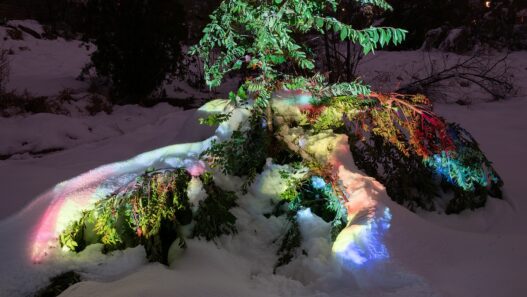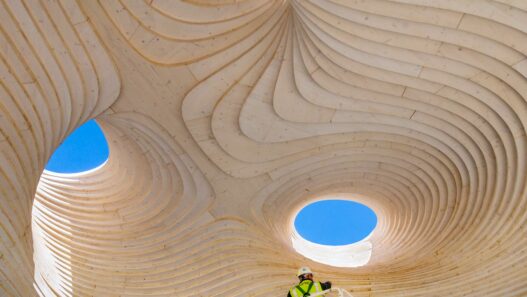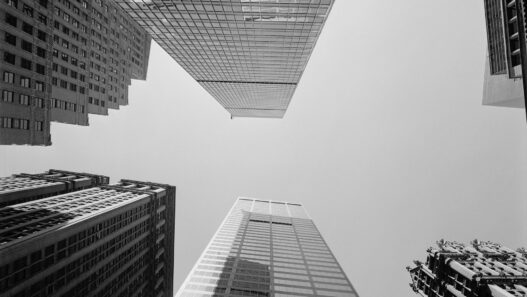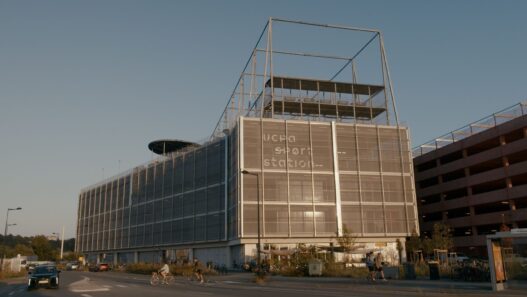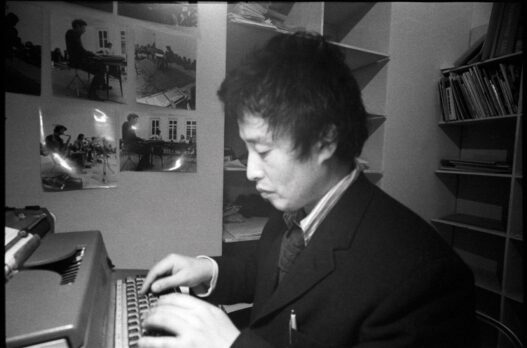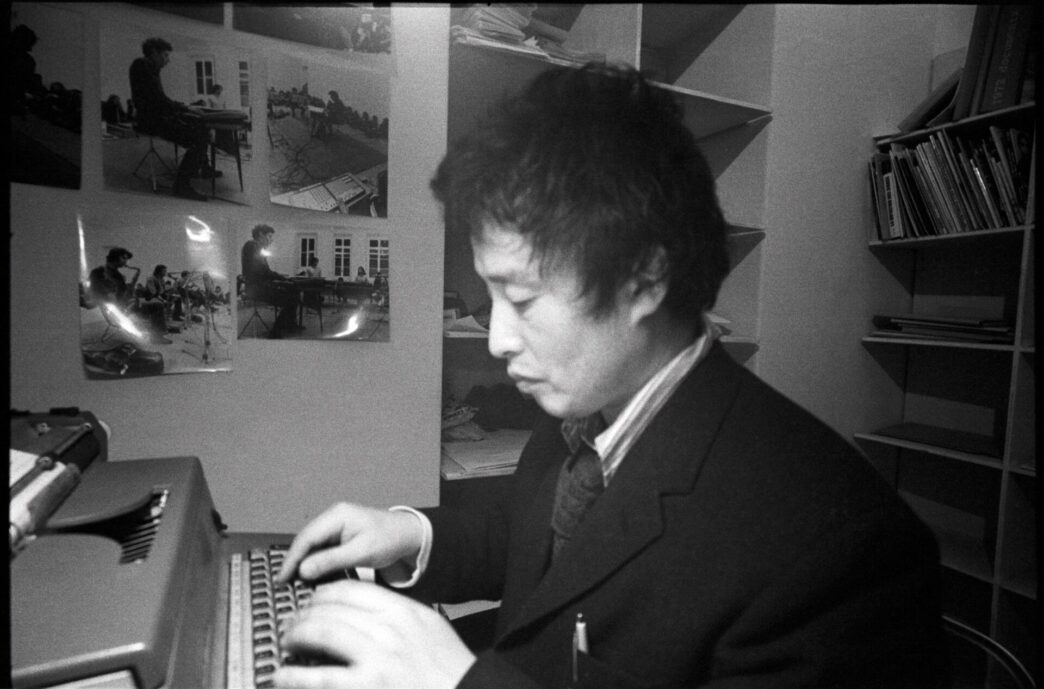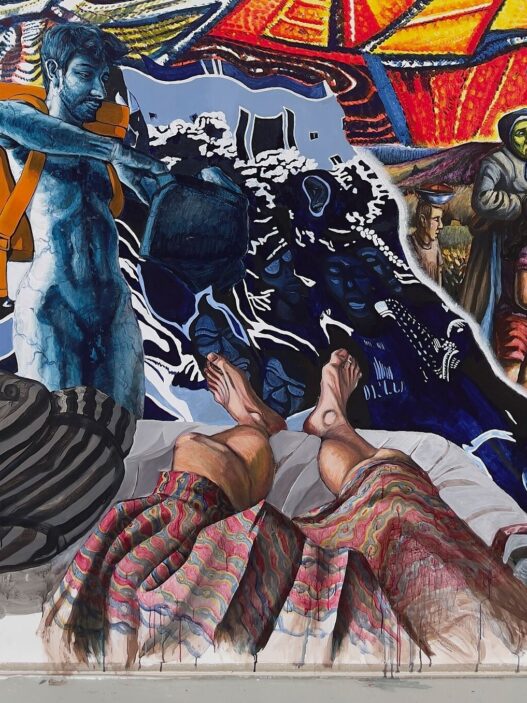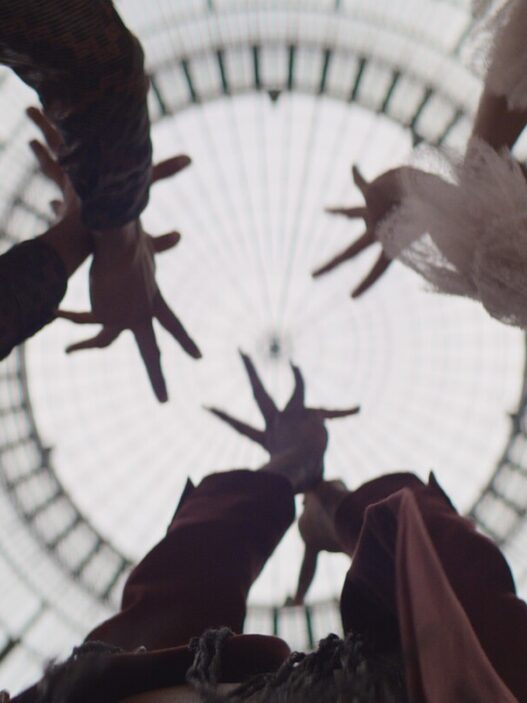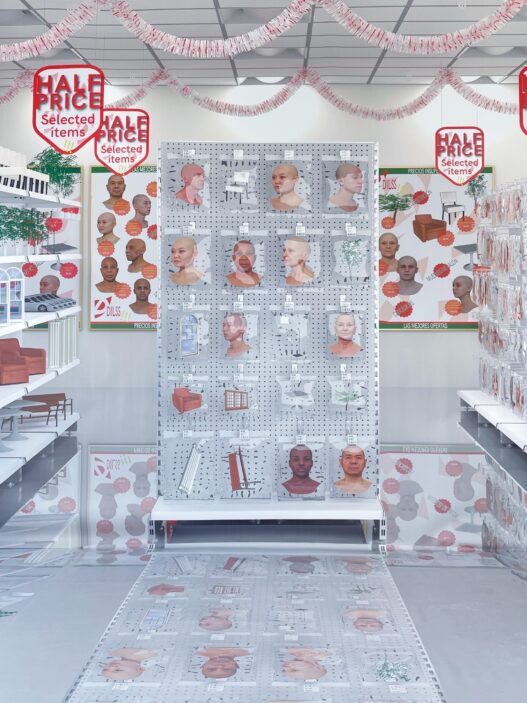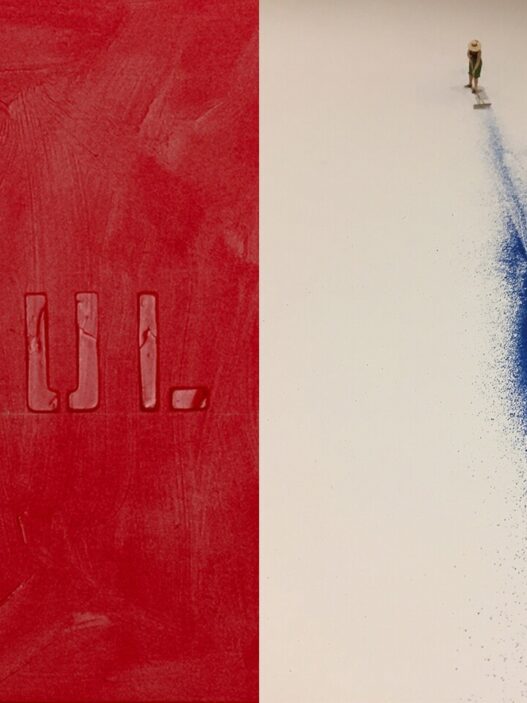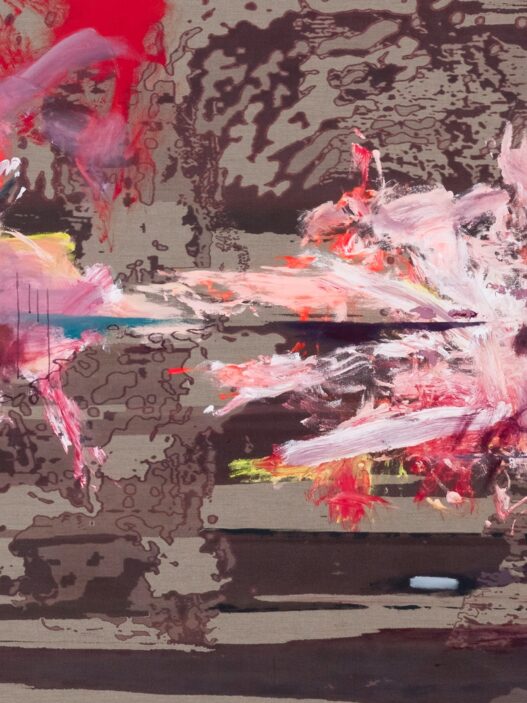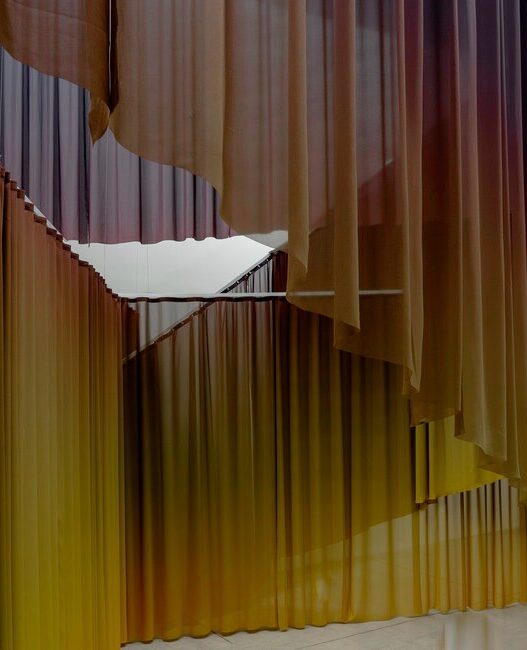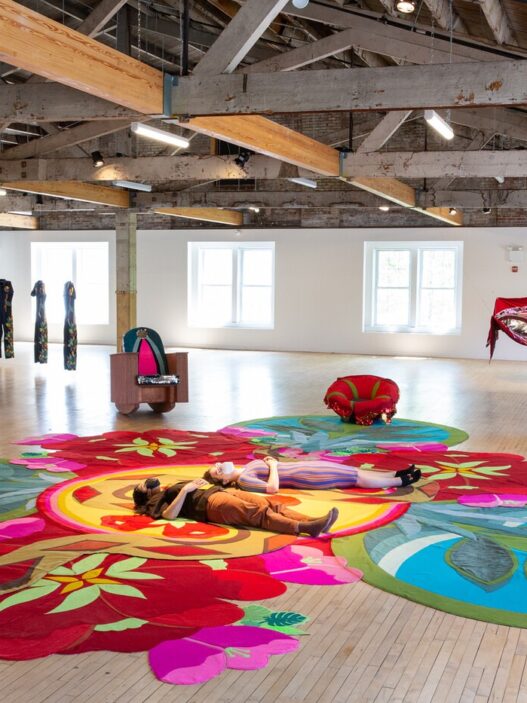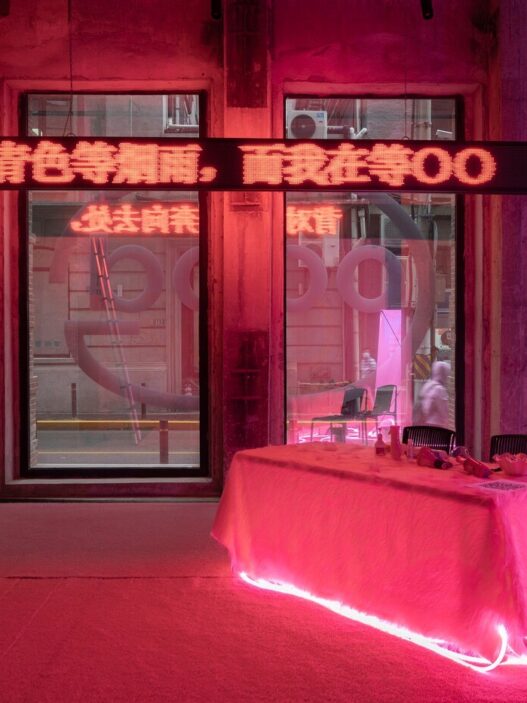October 13, 2022–March 26, 2023
Numerous written works, including letters, scores, essays, proposals, and reports, were left behind by Nam June Paik. One of these reports from 1974, “MEDIA PLANNING FOR THE POST INDUSTRIAL AGE: Only 26 years left until the 21st Century,” has a magnificent title but reads more like a research paper on public policy than an artistic remark. The report includes actionable ideas for implementation rather than just presenting grand aspirations. The text emphasizes the necessity of being able to transmit ideas in real time through a “electronic super highway,” just as the construction of highways in the 1930s had made it possible for the movement of goods and the achievement of an economic revival. This vision is similar to what has been realized today with the internet. Emphasizing that “Mind pollution is as bad as air pollution,” Paik also urges caution in ensuring that media communications are not monopolized by technology experts or some “mysterious power complex.”
In reality, Paik had the position of “consultant.” He worked with the Rockefeller Foundation Art Grants in “Television/Video/Film” while he was based in New York, and for roughly 20 years starting in the mid-1960s, he served in official and unofficial advisory roles, taking the lead in highlighting the significance of supporting the medial field and suggesting directions for its development. His video art and the video community were discussed in academic settings, transmitted on television, and displayed, acquired, and spread by art institutions throughout this time. His proposal expressed his audacious ambitions to address social issues through the medium of art, with immediate implementation plans laid out in great detail. These plans included digitalization to record and preserve human cultural history, video exchanges as a tool for understanding and resolving our lack of understanding of other cultures, the development of electronic superhighways as communication systems connecting the world, and the ongoing pursuit of diverse representation in all spheres of life.
As its title suggests, The Consultant: Paik’s Papers 1968–1979, a special exhibition commemorating the 90th anniversary of Paik’s birth, takes the artist’s reports as its starting point. Rather than emphasizing his individual achievements and the aesthetic context for his video art, it considers Paik as a “policymaker” based on reports that he wrote in English between 1968 and 1979: “EXPANDED EDUCATION FOR THE PAPERLESS SOCIETY” (1968), “MEDIA PLANNING FOR THE POST INDUSTRIAL AGE” (1974), and “HOW TO KEEP EXPERIMENTAL VIDEO ON PBS NATIONAL PROGRAMMING” (1979). Compared with his achievements focusing for a lifetime on the medium of video art, relatively little is known of how Paik investigated the raisons d’e^tre for social infrastructure and art and suggested new avenues for them. As it examines his work through the lens of Paik’s papers, the exhibition urges the viewer to see Paik in a new light, while showing how the realization of his artistic vision was underpinned not only by institutional support from the government, but also by collaboration with and support from private foundations, patronage funds, public schools, laboratories, broadcasters and art institutions.
The goal of the exhibition is to diverge from the conventional wisdom that Nam June Paik is the “father of video art” and examine him from a different perspective. To find fresh prospects for liberty, one must leave behind the intersection of prior knowledge and experience. In addition to revealing new tasks that have previously received little attention in studies of the artist, exploring Nam June Paik as an analyst, media consultant, and change agent for social infrastructure and technology during the social transitional period of the 1960s also opens up new connections with his electronic art. As we stand amid a different kind of digital shift and social change today, Paik’s media consulting is a work that is still in progress.
Curator: Kim Yoonseo
Nam June Paik Art Center
10 Paiknamjune-ro, Giheung-gu, Yongin-si
Gyeonggi-do
17068
Korea
Hours: Tuesday–Sunday 10am–6pm
T +82 31 201 8500
F +82 31 201 8530
press@njpartcenter.kr


